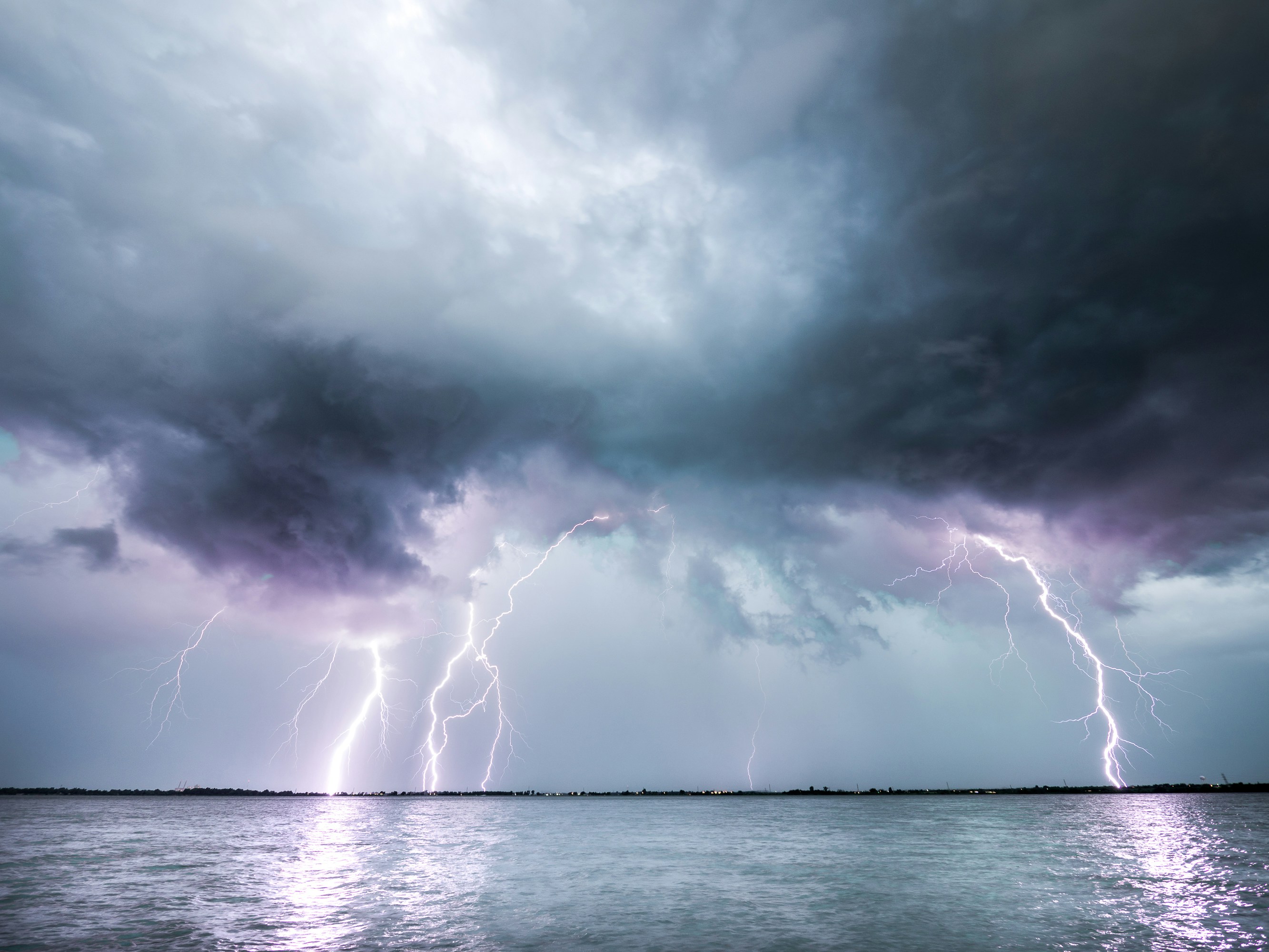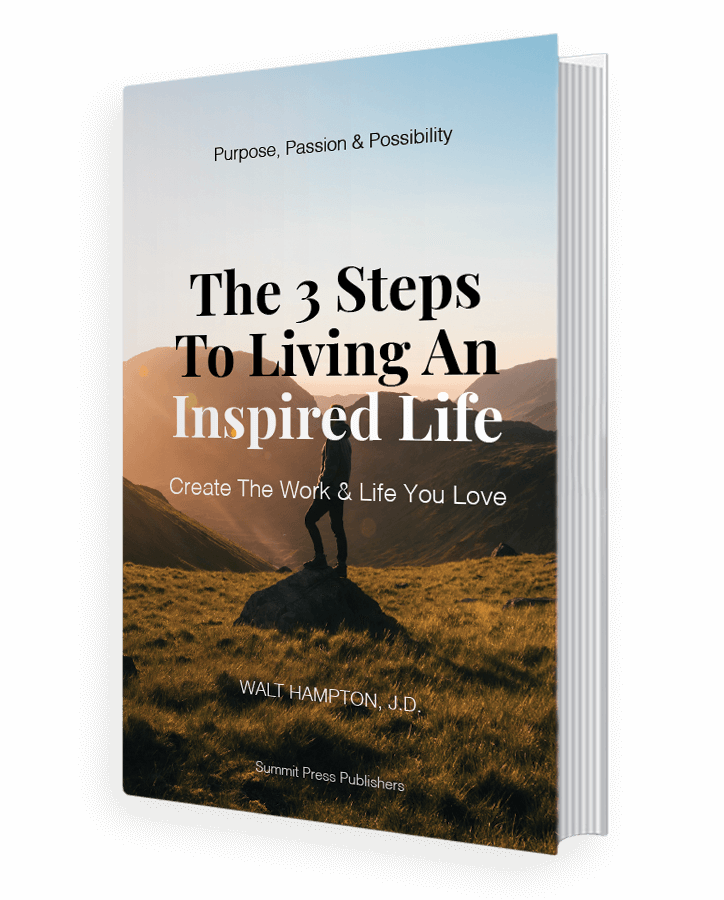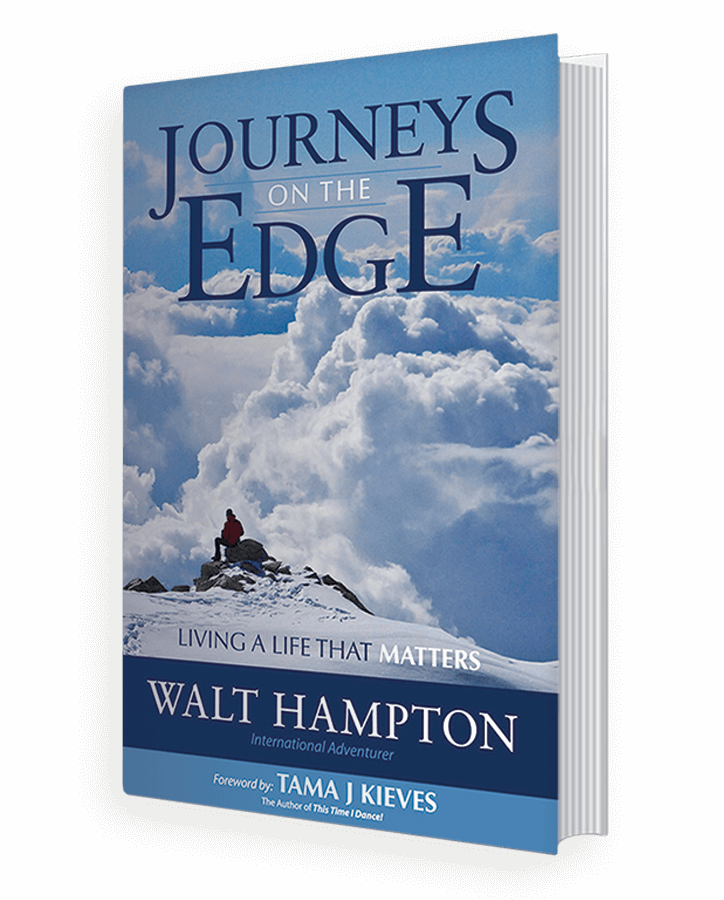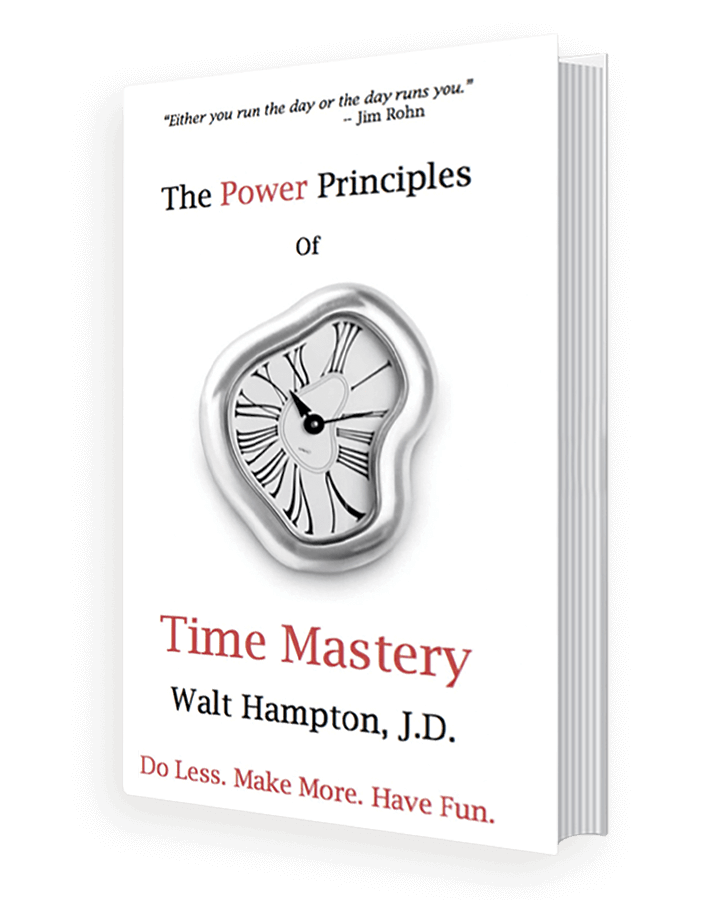Welcome to my blog
Grow & Scale A Business That Will Set You Free

Never Retire
What if you never retire?
I was listening to a group of people talk about retirement the other day.
They were dreaming about the day they’d be done with work. And then wondering what they’d do to stay engaged. How they’d avoid boredom. What might give them purpose.
I found the conversation… perplexing.
Because I love what I do. I can’t imagine not wanting to do it.
Not because I’m a workaholic. Not because I don’t like downtime. I love my rest days. Love my quiet mornings. Love getting outside.
But I also absolutely love my work.
Not every moment. Not every meeting. But the work itself? The mission? It lights me up. It gives me energy. It fills me with purpose and joy.
So I kept thinking… what if we stopped talking about retirement—and started talking about what’s next?
What if the goal isn’t to stop working—but to stop doing the work that drains us?
What if the real goal is to design a life you don’t want to retire from?
You’ve probably heard that old quote: “If you love what you do, you’ll never work a day in your life.”
It’s not about escaping responsibility. It’s about alignment. Loving the work. Loving the life.
And if you don’t yet love what you do?
Don’t settle. You get to choose again.
Your next chapter is yours to write. It can be joyful. Playful. Deep. Purposeful. It can be full of new adventures. New contributions. New meaning.
You can consult. Mentor. Create. Teach. Start a foundation. Lead a movement. Launch a small business around what you love. Or do something completely different.
But whatever you choose—let it be something that pulls you forward. That lights a fire inside. That you can’t wait to wake up for.
Because that’s the sweet spot. That’s where time feels different. That’s where energy flows.
Not everyone will understand. And that’s okay.
You’re not retiring. You’re reimagining. You’re beginning again.
And that… is worth getting excited about.
(The work I LOVE to do is helping others create their exciting next chapter. If you’re thinking about that, email me. We’ll talk! [email protected] )


Staying Steady
There’s a lot going on right now.
Political chaos. Economic uncertainty. Wars and rumors of wars. The noise is relentless.
If you’re feeling off your game, you’re not alone. Many leaders are struggling to stay focused, present, and productive. It’s hard to lead when the ground beneath your feet feels like it’s constantly shifting.
But here’s the truth: This isn’t the first time the world has been turned upside down. It won’t be the last.
What separates those who thrive in times like these from those who burn out?
Steady habits. Smart boundaries. Relentless self-care.
We saw it during the pandemic. We saw it after 9/11. The people who made it through with clarity, strength, and resilience weren’t the ones glued to the news. They were the ones who kept showing up for themselves.
Self-care isn’t indulgence. It’s insurance. It’s the foundation for clear thinking, emotional regulation, and strong leadership.
So what does it look like right now?
It means protecting your mornings. Starting the day with something that grounds you—movement, stillness, sunlight, journaling. Before the headlines, before the emails.
It means managing your inputs. Less doomscrolling. More time with real people. Less reactivity. More intentional choices about where your energy goes.
It means sleep. Leaders like to skip this one, but it matters more than anything. Cut the screen time. Create a wind-down routine. Guard your rest like your life depends on it—because it does.
It means movement. Daily. Even just a walk. Get outside if you can. Move your body. Let it discharge stress the way it’s built to.
It means naming what’s hard—and not doing it alone. Find the people who help you stay sane. Your team, your coach, your partner, your dog. Whoever helps you breathe a little deeper and laugh a little louder.
We can’t control the chaos. But we can decide how we move through it.
Stay steady.
Not because it’s easy.
But because your people are counting on you.
(If you need help navigating the storm, reach out for help. That’s what we’re here for.)


About Your Music
“Many people die with their music still in them. Too often it is because they are always getting ready to live. Before they know it time runs out,” wrote Oliver Wendall Holmes.
Here’s the truth: We think we have time.
We think we’ll get around to it.
Next month.
Next year.
When the kids are older.
When work slows down.
When the stars align.
But time doesn’t stop; and life doesn’t.
That book you’ve been wanting to write.
The adventure you’ve dreamed about.
The business idea you’ve been sitting on.
The painting, the song, the story.
All of it—
still inside you.
You tell yourself you’re not quite ready.
That you need more clarity.
More credentials.
More money.
More time.
But clarity doesn’t come from waiting.
It comes from moving.
From starting.
From doing the thing, scared or not.
Getting ready to live is not the same as living.
You already know that.
So consider this your call.
A nudge.
A gentle prod forward.
You’ve got music in you.
Something only you can bring to the world.
And the world needs it.
Needs you.
Not someday.
Now.
Start where you are.
With whatever you have.
Even if it’s messy.
Even if you’re not sure.
Time will run out.
That’s the only guarantee.
So let it out.
Sing your song.
Paint your masterpiece.
Write the book.
Take the trip.
Say what needs to be said.
Before it’s too late.
(And when you’re ready to start making that dream happen, I can help. Email me: [email protected]


If I Call You Do Not Answer
During a job interview, a client of mine received a phone call. She answered.
A realtor friend told me that his broker expected him to answer every phone call he received, regardless of what he was doing; and, in no event, should he ever take more than 9 minutes to return a call.
The general manager at the hotel we stayed at took a phone call in the middle of a conversation we were having about my reservation.
We were at one of our favorite restaurants. Five women came in and sat down at the table next to us. Every one of them pulled out their smartphones and began to talk or text.
It is the paradox of connection: that the more our technology allows us to connect, the more disconnected and fragmented we become.
Research in the field of interruption science shows that, following an interruption like a phone call, it takes us (physiologically) 25 minutes to refocus. On average, most of us experience interruptions every 11 minutes in the day. Which means that, not only do we feel like we can never catch up, we never really can.
On top of the stress and overwhelm caused by living in a state of continuous partial attention, there is a huge relational cost. (You know how you feel when someone you’re with answers the phone or sneaks a look at a text.)
The young interviewee (of course) didn’t get the job. When my realtor friend takes a phone call while showing a property to a client, he dishonors both relationships. The general manager at the hotel couldn’t possibly take care of two guests at once. And the women at the table next to ours missed out on the opportunity to connect with one another.
So consider these ideas as possible ways to reconnect with yourself and those around you:
- Voice mail exists for a reason. Use it
- Turn your phone off when you are otherwise engaged
- Don’t slap your phone down on the table at the restaurant; it tells your colleagues you’re already distracted
- Don’t sleep with your phone; it’s toxic and depleting
- Have a smartphone-free dinner (or weekend!)
When you’re in a conversation with a client, be in that conversation. When you’re on the phone, be on the phone. When you’re with your friends and family, be with your friends and family.
Relationships fuel our businesses (and our lives). Our real presence, our complete attention: these are the most powerful gifts of our humanity.
Do one thing; and then the next. And if I call, you don’t need to answer.


Before The Clay Hardens
Nobody grasped you by the shoulder while there was still time. Now the clay of which you were shaped has dried and hardened, and naught in you will ever awaken the sleeping musician, the poet, the astronomer that possibly inhabited you in the beginning.
— Antoine de Saint-Exupery
No quote has troubled me more over the years than this one from Saint-Exupery’s Mountain Light: In Search of the Dynamic Landscape, Tenth-Anniversary Edition[email protected] )

DOWNLOAD your FREE BOOK!

DOWNLOAD Your Free E-Book NOW! Click Below And Get Going!
Click below for your copy of Journeys!

You’ll Get A Signed Copy!
Click on the button for your copy of my brand new book “The power principles of time mastery!”

You’ll Get A Signed Copy!
Categories
Adventure
Finding The Way
Journeys
Leadership
Success
Ultra Training
